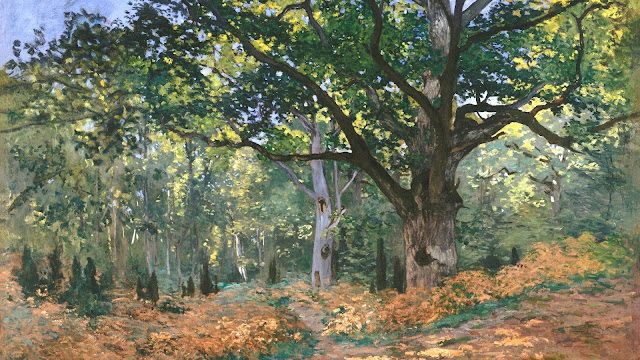Editing Session Revealed…
Poetry editing is such a huge topic that I’ve been
procrastinating writing about it. Where to begin? What to cover? Well, let’s
start with a poem I’m editing that has some ants in it.
Editing Session to Figure Out What to Do with the Ants:
Usually, when I come across a poem that includes ants, I
think, oh no, not ants again. The writer was sitting in the grass and saw ants
and had nothing else to write about, so the ants got in there. Plus, ants are such a cliché — we're like them: small,
exposed to all kinds of twisted fates.
Find Poems that Cover Your Subject Matter
What I like about the poem — Failing
in the Presence of Ants — is that it does the unexpected — it reveres the
ants — not to mention it’s just well written — and if something’s working, whether it’s about ants or not, it doesn’t really matter — all is forgiven. Finding poems that cover your subject matter is a good way to see how other poets are handling what you find difficult.
Do Your Research
Okay, so I’m trying to portray these ants in a real way. But
my vignette of them is falling short, so maybe I have to do a little research
about them. Obvious, isn’t it?
I have an image in my mind about these ants in the grass, but
it’s not clear enough. I need a refresher and look up “ants in the grass” on
YouTube. (To me they look like hikers making their way through a forest.) Maybe I look up some interesting facts about them. (The worker ants don't sleep — they just take power naps!)
Now I rework my stanza about the ants after seeing them in
action and reading a bit about them, but it’s still not working.
Refer to a Book on the Craft of Poetry
I turn to The Poet’s Companion: A Guide to the Pleasures of Writing Poetry to see what Dorianne Laux and Kim Addonizio have to say in
their chapter entitled, “The Energy of Revision.”
Out of the many ideas on how to approach revision, I pick these three suggestions:
1. Chop off the beginning of the poem. (This is an old piece
of advice, but the key is to remember it when you need it and give it a try.)
I’ve already tried this once, but the poem’s changed enough that it might work
now…
When I chop off the beginning about the ants, it feels like something’s
missing. I'll have to find another way to fix the ants.
2. Try to “go in a completely different
direction.” My ants are busy — so against my better judgment, I’m going to make
them lazy ants and see what happens…
Now the ants are more interesting — but they don’t fit with
the rest of the poem.
3. Next up: rewriting the
problematic lines in five different ways. Actually, I’ve already done this many
times. Nothing is satisfying me. But you know what is? My original lines that I
got rid of maybe 10 revisions ago. I’m going to bring those lines back...
Voilà,
it seems to work better.
Overall, I’m still not completely pleased with the poem. I
read recently (perhaps in the Poet’s Market?) that reading your poem from the bottom up, line by line, can help
give you some distance from your poem so you can really hear the words.
When I try this, I see that there are a few needless words I
can get rid of, and I replace one weak word with a stronger word. But guess
what stanza doesn’t sound right? The first stanza — the one about the ants. I
think this decides it. I have to kill these darling ants. I just have to.
Roundup
Editing is not always fun. It’s like you’re in a maze and
you’re trying to get out. By the very nature of the problem, you’re going to
end up retracing your steps — going back to the same places — seemingly endlessly.
But eventually, if you’re lucky, you find a way out. I’ve found my way out, but I miss the ants!



